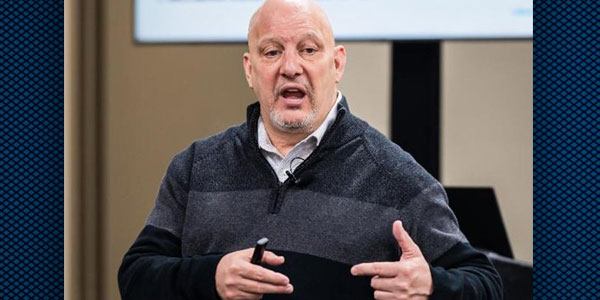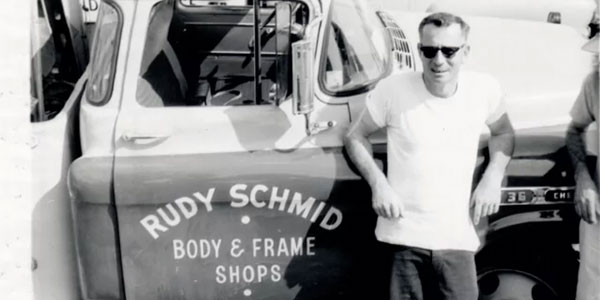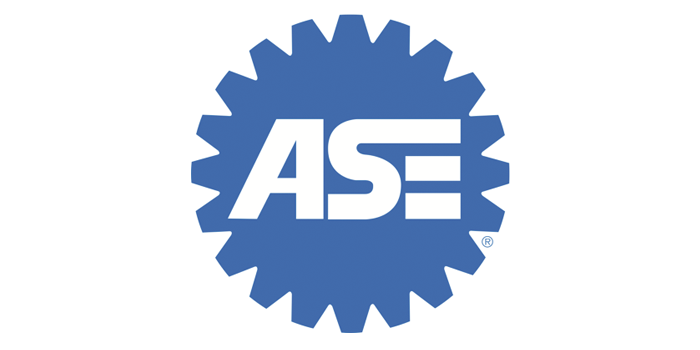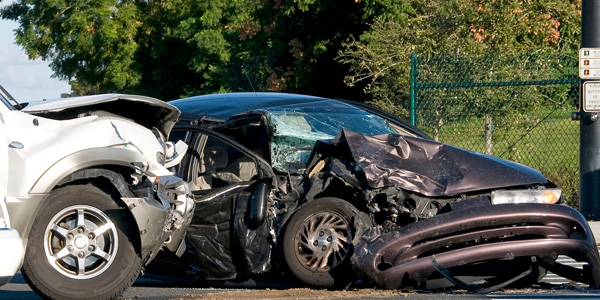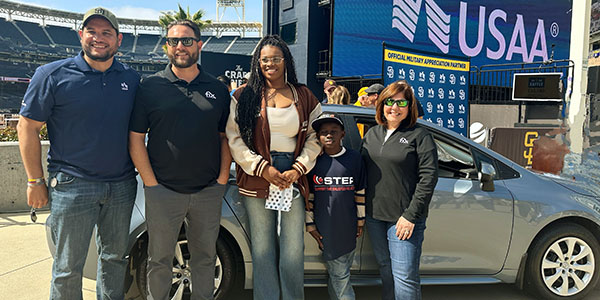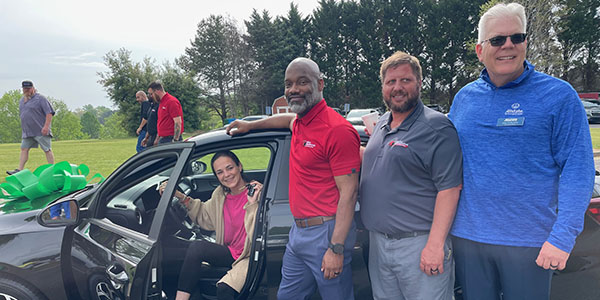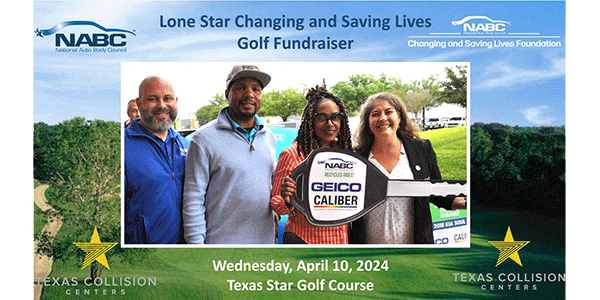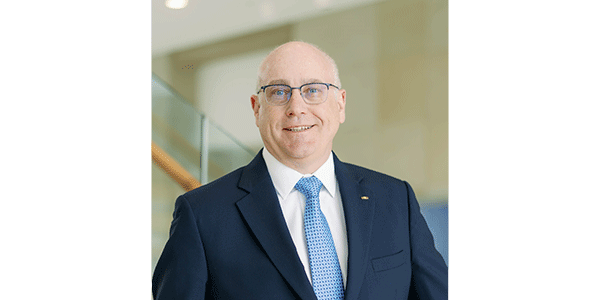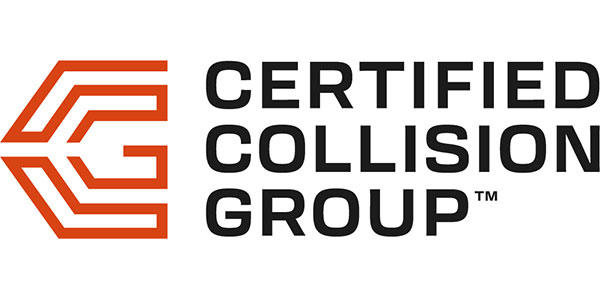The U.S. House Energy and Commerce Committee’s Subcommittee on Commerce, Manufacturing and Trade recently held a hearing titled, “Disrupter Series: Self-Driving Cars.” The hearing is the latest in a series that is examining the effects of federal policy on emerging technologies.
During the hearing, members addressed the National Highway Traffic Safety Administration’s (NHTSA) Federal Automated Vehicles Policy guidance issued in September. Witnesses included:
- Mitch Bainwol, president and CEO, Alliance of Automobile Manufacturers
- Dr. Mark Rosekind, Ph.D., administrator, National Highway Traffic Safety Administration
- Gary Shapiro, president and CEO, Consumer Technology Association
- Kirk Steudle P.E., director, Michigan Department of Transportation
- Ann Wilson, senior vice president, Motor and Equipment Manufacturers Association
- Laura MacCleery, vice president, Consumer Policy and Mobilization at Consumer Reports
In his opening statement, Subcommittee Chairman Michael Burgess, R-Texas, praised NHTSA’s proactive guidance on self-driving vehicles, but he expressed concerns about its implementation.
“Preemptive action on the part of regulators, before gaining a full understanding or appreciation of self-driving cars, may lead to unintended consequences that limit the capabilities of this emerging technology and its promised life-saving, economic and societal benefits,” said Burgess.
Rosekind added, “As the Federal regulator with the responsibility of ensuring vehicles are as safe as they can possibly be, we play an important role on behalf of the American public to ensure that vehicle technologies do not present safety threats. Our policy is designed to promote the safe and expeditious deployment of new technologies that have the potential to reduce crashes and save lives … Our approach is not prescriptive. It does not tell developers how they must provide safety, but, instead, it builds a transparent and proactive approach to ensure that they are properly addressing the critical safety areas.”
Rosekind also stressed the adaptive nature of federal policy on automated vehicles, explaining that while the published guidelines represent NHTSA’s best approach for the time being, they were designed to be flexible – keeping in mind the ever-changing landscape of technological advancements. He also noted, in a response to a committee question, that the U.S. will have a “mixed fleet for a long time.” Although that flexibility allows for a high degree of innovative freedom, one witness pointed out the complications of operating under imprecise guidance.
“We believe that NHTSA struck the correct balance with respect to the proper federal and state roles that were outlined in the AV Policy Guidance,” said Bainwol. “Simply put, the federal government [NHTSA] regulates the car, and the states regulate the driver via licensure, traffic enforcement and insurance. The distinction is not as clear with these new technologies … [which] creates friction between traditional federal and state responsibilities.”
The full Committee on Energy and Commerce continued its examination of evolving cybersecurity issues with a follow-up hearing on Nov. 15th titled, “Understanding the Role of Connected Devices in Recent Cyber Attacks.”

